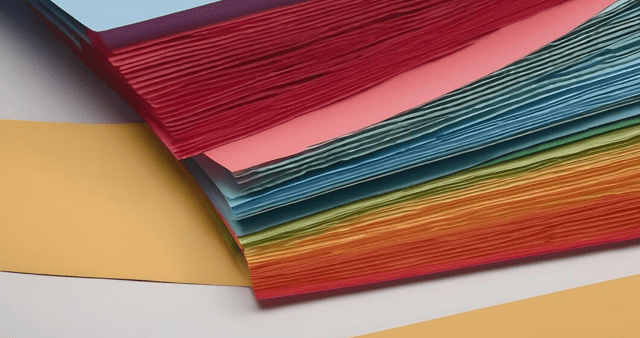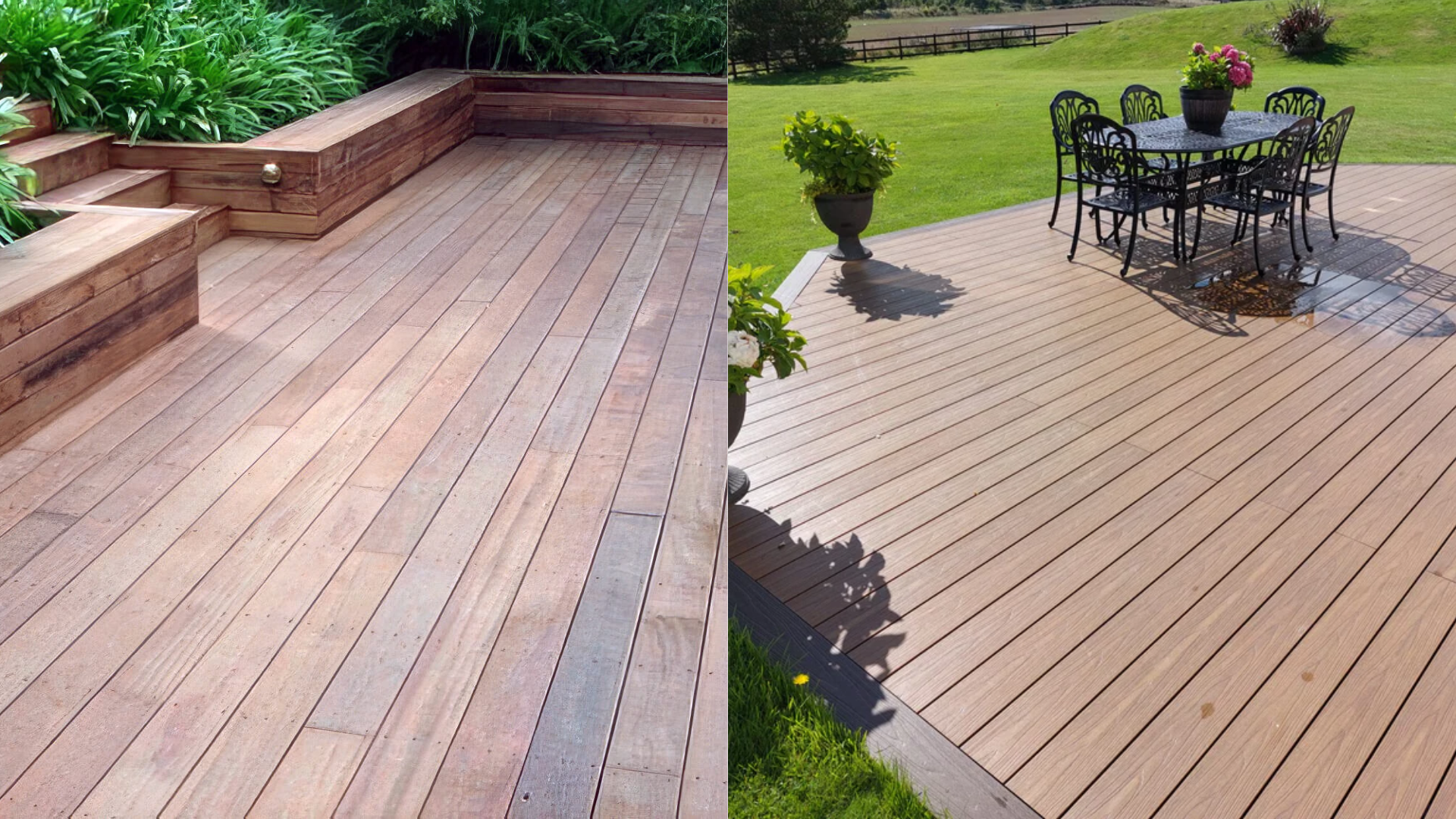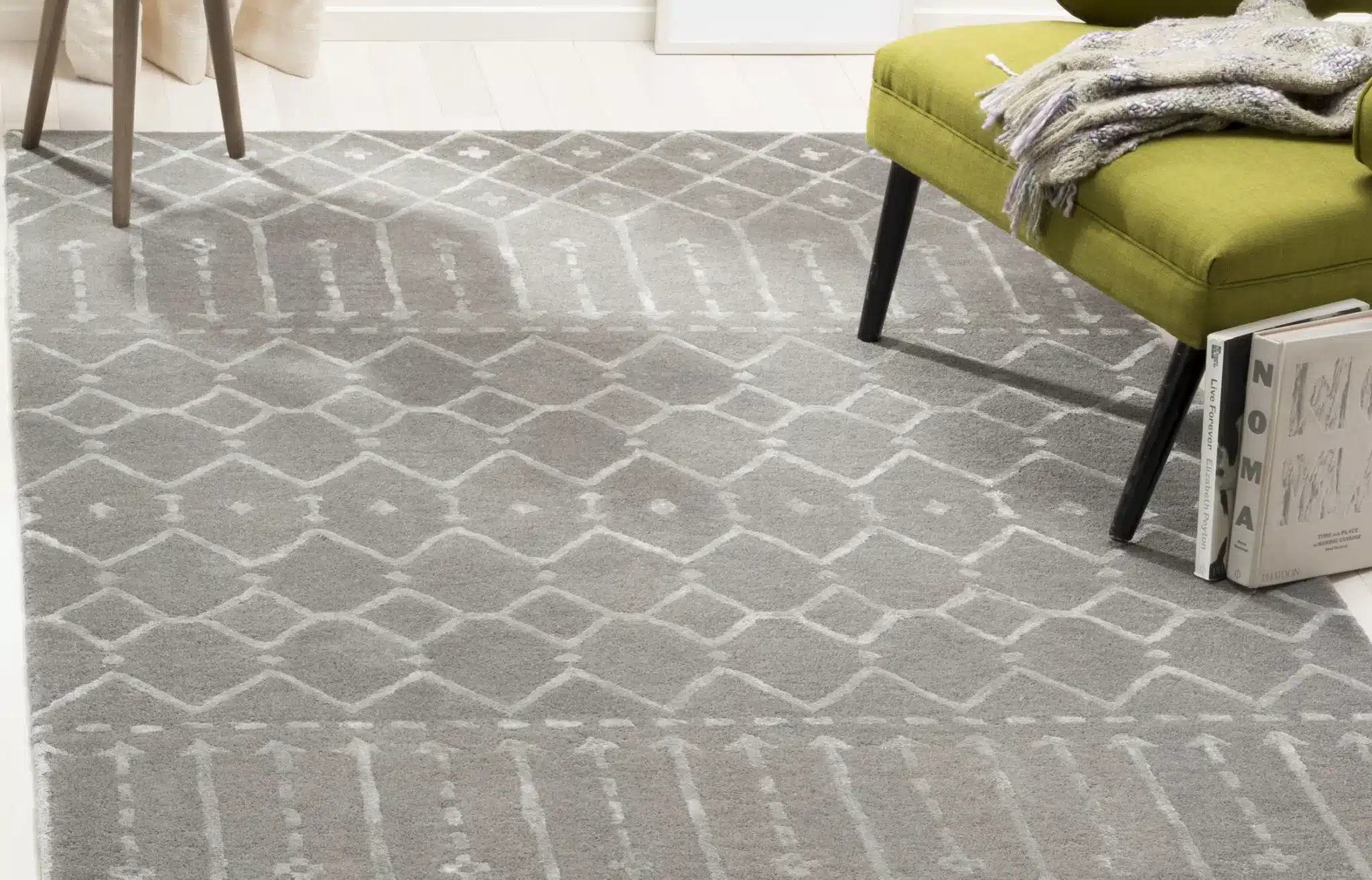What Are the Advantages of Polypropylene Sheets?
Due to their many uses, affordability, and durability, polypropylene (PP) sheets have become quite popular in a variety of industries.
As a type of thermoplastic polymer, polypropylene is lightweight yet strong, making it an ideal material for numerous applications in packaging, automotive, construction, and more.
Whether you are a business owner, manufacturer, or DIY enthusiast, understanding the advantages of polypropylene sheets can help you determine their potential benefits for your specific needs.
This article will explore the many advantages of polypropylene sheets and why they are an excellent choice for different industries and applications.
1. Durability and Impact Resistance
One of the most significant advantages of polypropylene sheets is their durability. They are resistant to many forms of physical damage, including cracking, impact, and wear, making them an excellent choice for demanding environments.
In industries such as construction, where materials are subjected to rigorous conditions, the durability of PP sheets ensures long-lasting performance.
Polypropylene’s toughness also makes it resistant to bending and fatigue. It can withstand repeated stresses over time, making it suitable for products that require flexibility without losing strength. For example, PP sheets are often used in the automotive industry to make parts that must endure constant vibrations and stress without cracking or breaking.
2. Chemical and Moisture Resistance
Polypropylene sheets offer excellent resistance to chemicals, which is a crucial advantage in industrial applications. They can resist acids, solvents, and alkalis, making them ideal for environments where exposure to harsh chemicals is common.
This chemical resistance makes PP sheets particularly useful in the packaging and storage of chemical products, as well as in laboratory equipment.
In addition to chemical resistance, PP sheets are also highly resistant to moisture. Unlike other materials, such as cardboard or certain types of plastics, polypropylene does not absorb water.
This property makes it suitable for outdoor applications, where materials are exposed to rain or high humidity levels. It also ensures that products remain intact and functional even in wet or damp environments.
3. Lightweight Yet Strong
Polypropylene sheets are lightweight, which is one of their key advantages over other materials like metal or wood. Despite their lightweight nature, they offer excellent strength and can bear significant loads.
This combination of lightweight and strength makes them ideal for a range of industries, including automotive, packaging, and construction, where both performance and ease of handling are essential.
In the transportation industry, for example, using lightweight polypropylene sheets helps reduce the overall weight of vehicles or products, which can improve fuel efficiency and reduce transportation costs. At the same time, the strength of the material ensures that the structural integrity of components or packaging remains uncompromised.
4. Versatility in Applications
Polypropylene sheets are incredibly versatile and can be used in a wide variety of applications across many industries. Their flexibility and adaptability allow them to be molded or shaped into various forms, making them suitable for everything from packaging materials to automotive components.
Some of the common applications of polypropylene sheets include:
- Packaging: PP sheets are often used to create durable packaging materials that protect products during transport or storage. Their lightweight nature and moisture resistance make them a preferred choice for food packaging, medical supplies, and consumer goods.
- Automotive: In the automotive industry, polypropylene is used for producing interior parts, battery casings, and other components that require a combination of strength, flexibility, and resistance to chemicals and impact.
- Construction: Polypropylene sheets are used in construction projects for applications like protective barriers, wall linings, and formwork. Their resistance to moisture and chemicals ensures that they maintain their integrity even in harsh conditions.
- Signage and Displays: The lightweight and durable nature of polypropylene sheets also makes them ideal for creating signs, banners, and displays. They are easy to print on, cut, and shape, making them a versatile choice for advertising and promotional materials.
5. Environmentally Friendly and Recyclable
As environmental concerns become more pressing, the demand for recyclable and eco-friendly materials is growing. One of the significant advantages of polypropylene sheets is that they are 100% recyclable. At the end of their lifecycle, PP sheets can be recycled into new products, reducing the amount of waste sent to landfills.
Polypropylene is also a relatively eco-friendly plastic compared to others. During its production, it requires less energy and emits fewer greenhouse gases than other plastics like PVC (polyvinyl chloride).
Additionally, its durability means that products made from polypropylene tend to have a longer lifespan, further reducing the need for frequent replacements and minimizing environmental impact.
6. Cost-Effectiveness
Another critical advantage of polypropylene sheets is their cost-effectiveness. Polypropylene is generally more affordable than many other materials, including metals, wood, and some types of plastics.
Despite its low cost, PP sheets do not compromise on quality, providing excellent durability, strength, and resistance to wear and tear.
For businesses, using polypropylene sheets can lead to significant cost savings, especially when it comes to packaging, manufacturing, and construction. Since PP sheets are durable, products made from this material require less frequent replacement or repair, resulting in long-term savings.
7. Ease of Customization and Fabrication
Polypropylene sheets are easy to fabricate and customize, allowing for a wide range of design possibilities. They can be cut, welded, thermoformed, or molded into different shapes and sizes, making them suitable for custom applications.
For businesses that require specific dimensions or designs, PP sheets can be tailored to meet exact specifications. This ease of customization also makes polypropylene a popular choice for creating custom packaging solutions, product parts, or industrial components.
Furthermore, PP sheets are easy to print on, which is another advantage for industries that need branded packaging or signage. The material accepts a wide variety of printing techniques, making it possible to create high-quality graphics and text on the surface of the sheets.
8. Thermal Resistance and Insulation Properties
Polypropylene has excellent thermal resistance, meaning it can withstand high temperatures without losing its structural integrity. This property makes it suitable for applications that involve exposure to heat or hot substances, such as in automotive parts or industrial equipment.
Additionally, PP sheets have good insulation properties, making them effective for use in electrical applications or as insulation materials in construction projects. They can help prevent heat transfer, making them an ideal choice for products that require thermal insulation.
Use Polypropylene Sheets
Polypropylene sheets offer a wide range of advantages that make them a versatile and reliable material for various industries. From their durability and chemical resistance to their lightweight nature and cost-effectiveness, PP sheets provide a solution for many applications, including packaging, construction, automotive, and more.
Their recyclability and ease of customization further enhance their appeal, making them an environmentally friendly and practical choice for businesses and consumers alike.







